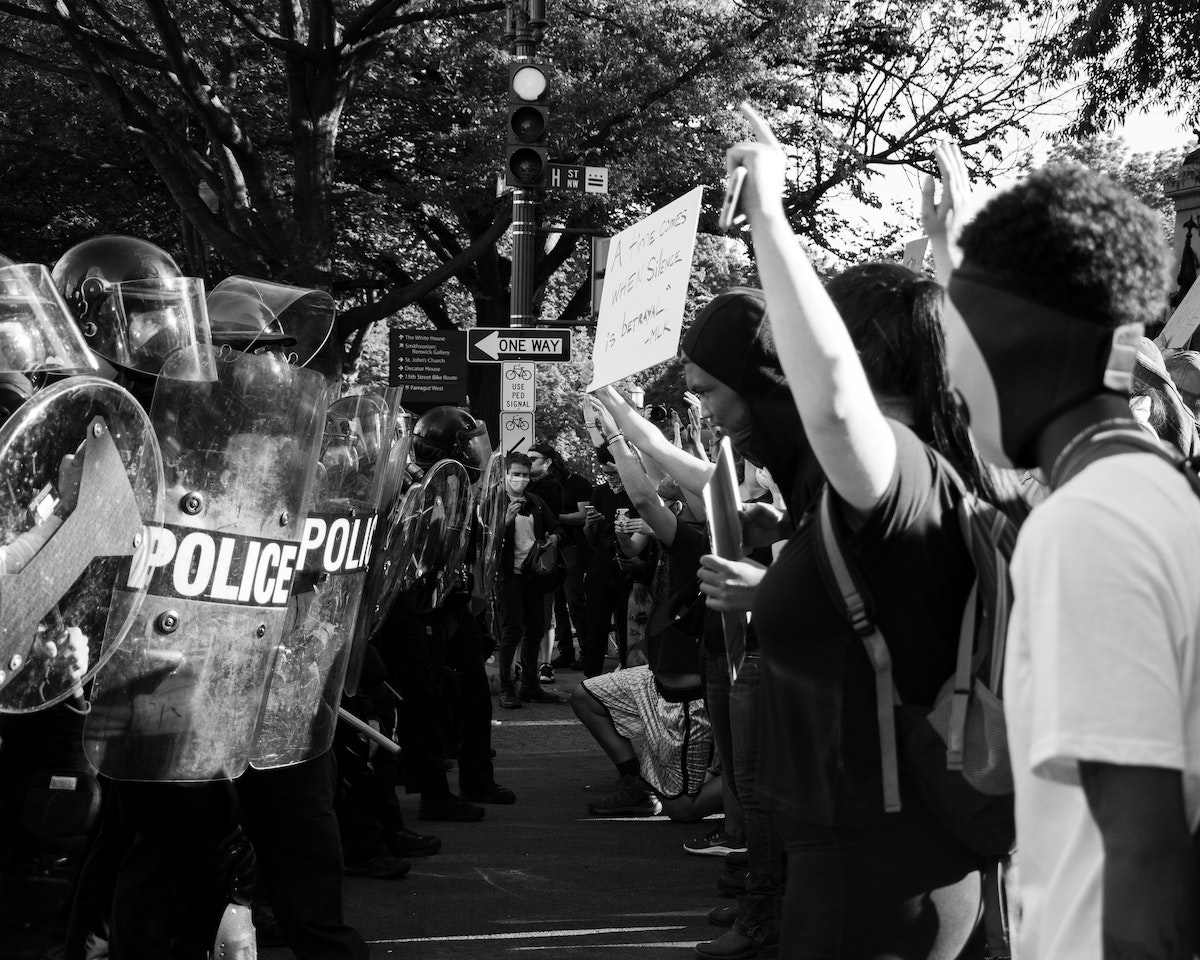Here’s how China’s national security bill law for Hong Kong can affect the financial hub.
It hasn’t been too long since the Hong Kong extradition bill resulted in mass demonstrations which led to the bill’s suspension and an eventual full withdrawal. Now, Hong Kongers are back in the streets as China’s legislature has recently approved the proposal for introducing a national security law in Hong Kong.
What do we know so far about this law? What does it mean for the global financial hub that is Hong Kong?
What is this law?
After being passed last week, China is currently working on the specifics of the national security law. What is currently known about this law is that it will punish:
- secession, the voluntary separation from a nation
- subversion of state power, or undermining the central government’s authority
- terrorism, the use of violence or intimidation against people
- foreign interference
What makes this law controversial?
In and of itself, national security laws are not bad. However, Hong Kong’s special administrative region status makes the adoption of such a law problematic.
From our partners:
China’s National People’s Congress (NPC) in their decision for imposing a national security law has bypassed the lawmaking body of Hong Kong. This effectively violates Article 23 of Hong Kong’s Basic Law which states that Hong Kong should draft a national security law on its own.
Moreover, this move breaches the “one country, two systems” principle supposed to stay in place until 2047. This was signed by both Britain and China in a 1984 treaty years before China’s 99-year-lease of Hong Kong to the UK expired.
What does this mean for Hong Kong?
Hong Kongers fear that the passage of such a law will threaten their autonomy and liberties.
There was a proposal of China setting up its own law enforcement agencies so that it can maintain security.
They also fear that the activist groups would no longer be allowed as it can be deliberately misconstrued as a criminal act. Lobbying foreign governments might be prohibited as well.
This could also lead to China further bypassing Hong Kong’s lawmaking processes, taking away more of the civil rights that Hong Kongers enjoy.
Lastly, Hong Kongers fear that their judicial system would end up being like China’s where trials concerning national security are conducted behind closed doors and the notion of ‘national security’ is given a vague treatment.
How would this affect Hong Kong’s status as a financial hub?
Recently, President Donald Trump said that he intends to revoke Hong Kong’s special status with the U.S —which is the reason why the region does not have tariffs — in response to China’s move.
However, analysts doubt that Trump will push through with this decision since this will hurt not only Hong Kong but also the U.S., especially since Hong Kong is the fourth-largest source of foreign exchange trading activity in the world and it could worsen the tensions with China.
The impact of Hong Kong being stripped off its special status, however, would depend on the severity of the measures that the U.S. will implement as well as China’s response. Some experts think that in the worst case, it could erode Hong Kong’s key industries such as banking, shipping, and logistics and trigger widespread capital flight.













